.jpg)
What Food Grade Bulk Bags are best for my business?
When you need to transport food-grade substances that are prone to outside contamination, food-grade bulk bags from Centurion Packaging are the best solution.
Read More
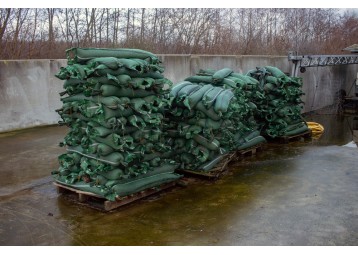
Preventing Dust Explosions for Woven Polypropylene Sacks
Woven polypropylene sacks from Centurion Packaging can be used for packing, storing and transporting goods.
Read More

How Bulk Bags are used for Chemicals
Centurion Packaging's range of bulk bags is the perfect solution to store chemicals, powders, waste or other potentially harmful materials.
Read More
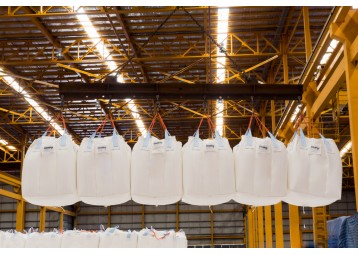
What is Cyclic Testing for FIBC Bulk Bags?
For our latest blog, Centurion Packaging will talk you through the cyclic testing criteria for bulk containers.
Read More
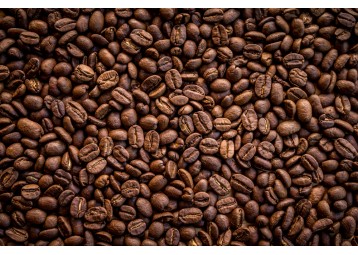
How to Use Woven Polypropylene Sacks for Coffee
Centurion Packaging designs and manufactures an extensive line of packaging solutions for the coffee industry, including woven polypropylene sacks.
Read More
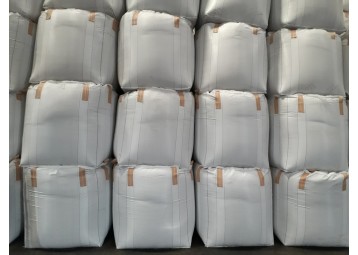
When are Food Grade FIBCs are Needed?
Industry statistics have revealed that the flexible intermediate bulk containers (FIBCs) market grew by 6% between 2014 and 2019.
Read More
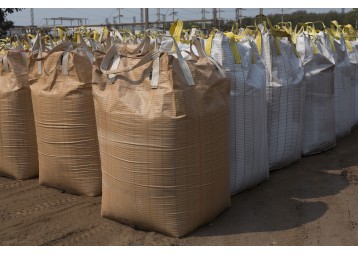
Can Bulk Bags Be Patched?
Centurion Packaging does not recommend patching up bulk containers, this is ultimately at the user’s discretion.
Read More
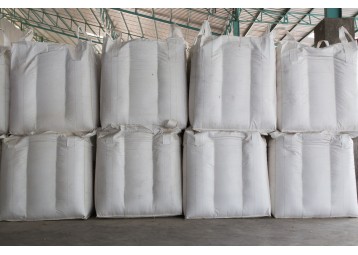
Knowing When To Use A Polyethylene Liner
Polyethylene liners are useful bag-lining tools used for that purpose across countless industries such as food and pharmaceutical companies. Read more in our latest blog
Read More
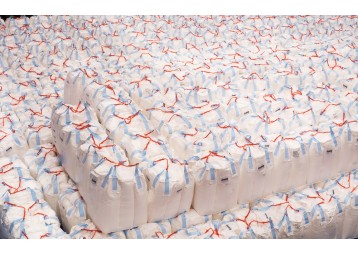
What Does Sift Proofing for Bulk Bags Mean?
While you may have heard the term 'sift proofing' regarding bulk bags, you may not know what that means.
Read More
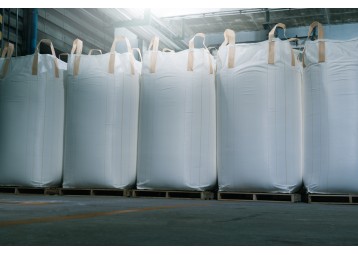
How Different Industries Use Bulk Bags
Bulk bags from Centurion Packaging are used to transport dry bulk product such as ash, sand and flour.
Read More
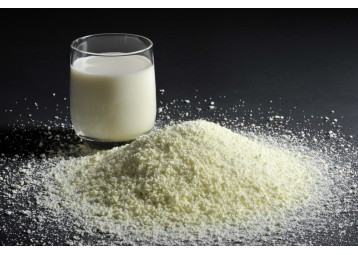
How Can FIBC Bulk Bags Be Used in the Dairy Industry?
For this blog, we will explain how bulk bags can help prevent losing dairy products in storage or transportation.
Read More
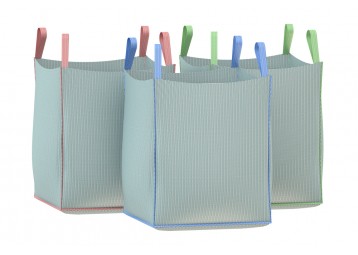
What are FIBC Safety Guidelines?
For our latest blog, Centurion Packaging will examine the FIBC guidelines from the FIBCA in greater detail.
Read More
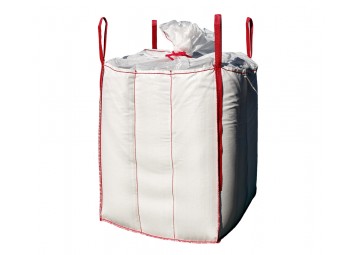
Why FIBCs are the Alternative Packaging Solution
FIBC Bulk bags from Centurion Packaging can be used to package products that include dry flowable powders, granules plus wood, gravel, rocks and sand.
Read More
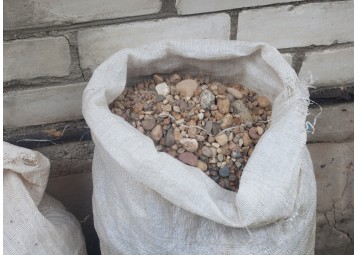
Frequently Asked Questions About Rubble Bags
Rubble bags from Centurion Packaging are the best solution to remove waste from DIY jobs plus on-going building projects.
Read More
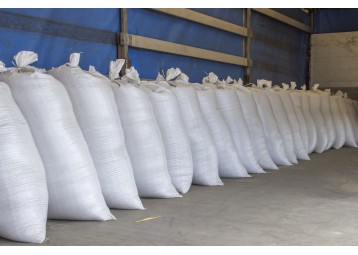
Using Rubble Sacks on Construction Sites
If you have ever worked on a construction site, you will understand how messy things can get. This is why it is your responsibility to ensure any waste is disposed of properly using rubble sacks.
Read More
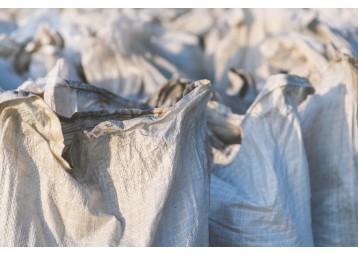
Woven Polypropylene Sacks Glossary
If you have never used woven polypropylene sacks from Centurion Packaging you may be unfamiliar with some of the terminology associated with them.
Read More
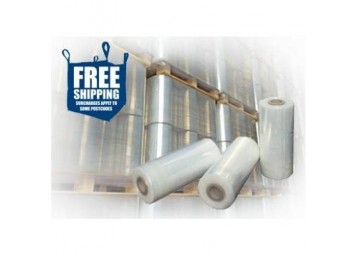
The Many Uses of Pallet Wraps
Pallet wraps are a high quality and efficient way to wrap pallets for storage, delivery and distribution.
Read More
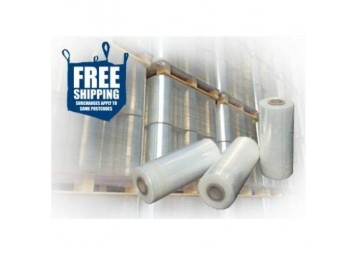
The Difference Between Shrink and Stretch Wrap
While a wooden crate can be seen as the most important part of shipping goods, other materials can be just as crucial - including shrink and stretch wrap.
Read More
 5% OFF YOUR FIRST ORDER OVER £50! JUST USE COUPON “MY1STORDER” AT THE CHECKOUT FREE NEXT DAY DELIVERY FOR MOST UK MAINLAND ORDERS, PLEASE SEE T&C'S
5% OFF YOUR FIRST ORDER OVER £50! JUST USE COUPON “MY1STORDER” AT THE CHECKOUT FREE NEXT DAY DELIVERY FOR MOST UK MAINLAND ORDERS, PLEASE SEE T&C'S
.jpg)